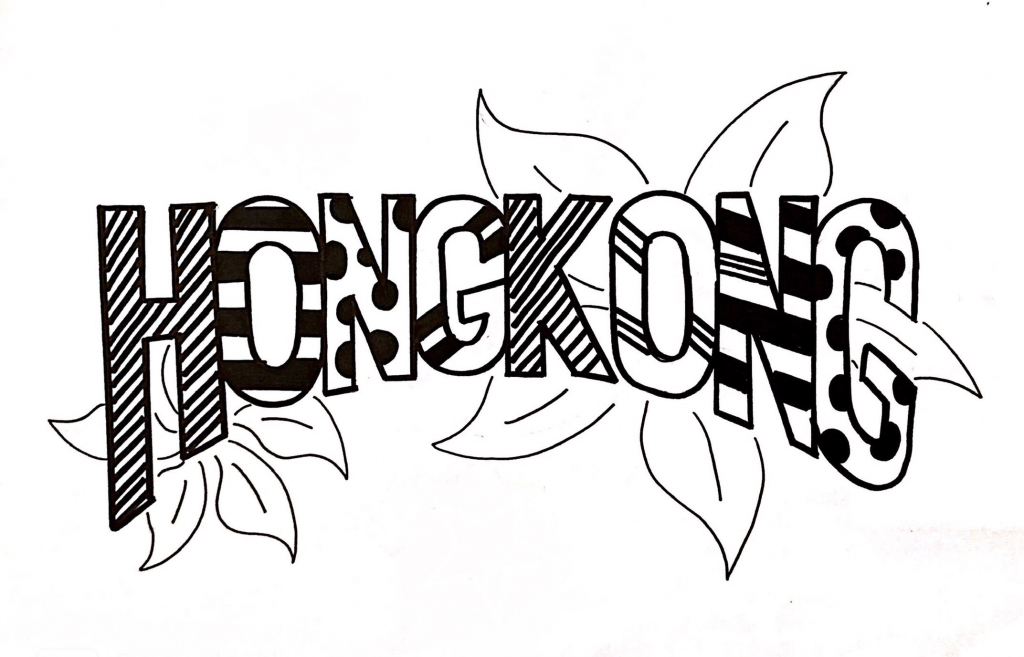In June, when the Hong Kong government introduced a controversial bill to allow extradition to mainland China, protests began to foment in the city. Critics of the bill feared that it would challenge the independence of Hong Kong’s judiciary and put dissidents of the communist party in danger. The bill was withdrawn by China-friendly Chief Executive Carrie Lam in September after millions of protesters took to the streets, but protesters are still coming out in droves, now demanding full democracy and further independence from China. Clashes between activists and police are getting more and more violent, with police now firing live bullets and protesters catapulting Molotov cocktails over makeshift barricades.
Until 1997, Britain ruled Hong Kong as a colony. In that year, the city was handed over to Chinese authorities under the guise that a “one country, two systems” policy would be implemented. In theory, Hong Kong and China would exist as one country, but two different systems would be in place to seperate the authoritarian and despotic rule of the mainland from the more autonomous yet limited democracy of Hong Kong.
However, this policy has been compromised since the start because out of Hong Kong’s 70-member legislative chamber, a mere 40 members are elected by the public through a majority vote. The remaining 30 members of the council are elected by Hong Kong’s business leaders, who are inherently incentivized to vote for pro-Beijing candidates since these business leaders need China’s approval in order to continue having success.
On November 24th, Hong Kong voters turned out in droves to deliver the pro-democracy candidates a landslide victory, awarding the Democratic Party 90% of the contested seats. Hong Kong’s November 24th district council election served as a de facto referendum on condemning China’s conduct and showing that Hong Kong residents stand behind protesters. The result signal that Hong Kong does not stand with China, upending the Chinese government’s outlandish propaganda narrative about western agents spurring protests in Hong Kong. Although these election results may not change much in terms of future policy because of China’s domineering influence on Hong Kong’s affairs, they make Hong Kong’s anti-mainland sentiment clear, sending a message to Beijing, the international community, and encouraging and legitimizing the protesters themselves.
The protests have escalated significantly, becoming increasingly militaristic. As the protests became more violent over the past few months, students and young people across Hong Kong have emerged as guerilla fighters, armed with traffic cones, spray paint, lasers, and even molotov cocktails (fiery improvised explosives). Thus, the city-scapes of Hong Kong have begun to mirror a dystopian sci-fi thriller.
One of the most consequential stand-offs between police and protesters was the “Siege of the Hong Kong Polytechnic University” which lasted from November 17, 2019 to November 29, 2019. Videos shot at the University showed protesters blockading the Cross Harbour Tunnel, a crucial conduit that connects the city’s urban core with the commercial and financial districts of Hong Kong Island. By assembling burning brick barriers across the tunnel’s approach ramps, destroying toll booths, and catapulting objects from a nearby footbridge, demonstrators have kept the tunnel shut down for several days.
In the United States, the Hong Kong protests have enjoyed bi-partisan support.
On November 27, 2019, the Hong Kong Human Rights and Democracy Act of 2019, which had passed both houses of Congress unanimously, became law when it was signed by President Trump. Politicians and commentators on both sides have condemned the actions of the Chinese government and called for the support of the pro-democracy movement.
To international observers, the revolution that is currently going on in Hong Kong may seem radical and violent. Alternatively, it may serve as a signal to the citizens of the world to either live under dictatorship or prepare to fight and die for your rights. Nevertheless, the Hong Kong protesters have displayed incredible skill and resilience. They have managed to pull off one of the most expansive and visible protest movements in recent history. Even more surprising is that Hong Kongers have displayed their ability to navigate and out-maneuver a force as formidable as mainland China. Moreover, the Hong Kong protesters and their unique strategy of urban guerilla warfare has certainly laid the roadmap for dealing with oppression in the future. The residents of Hong Kong are setting an example for people living in oppressive nations where civil liberties are coming under question. It would be a shame if people didn’t accept their invitation.
Aaron Friedman
News Columnist
Graphic: Yeajin Lee

